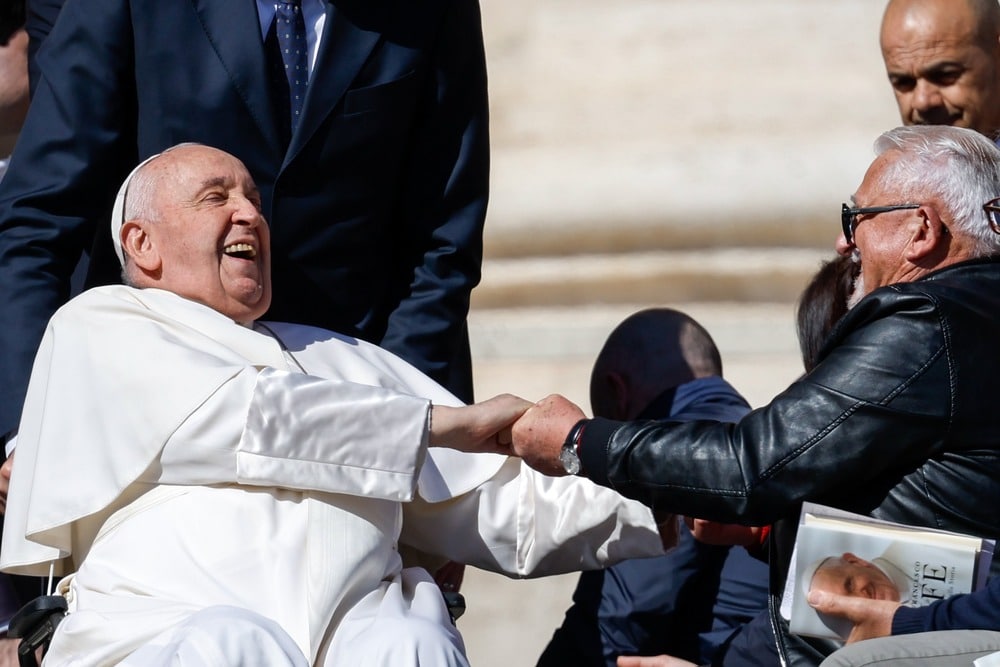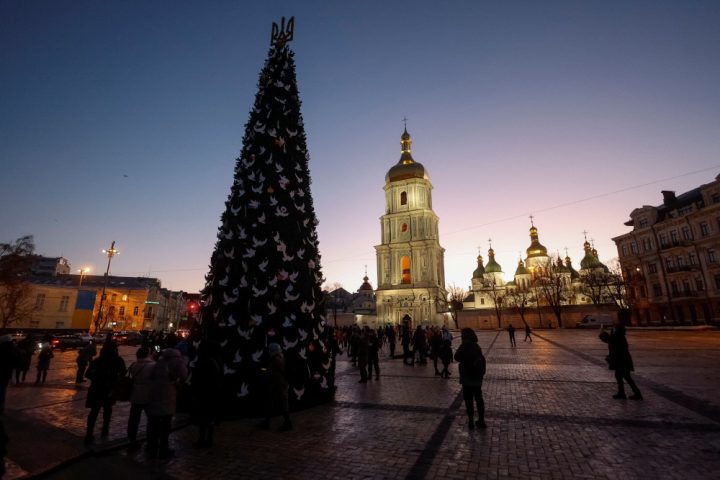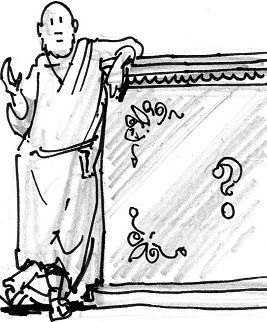
« War is always a defeat, » Pope Francis said, urging people at his general audience to pray that leaders in war-torn nations would have the courage to negotiate for peace.
« We must make every effort to discuss, to negotiate to end war. Let’s pray for this, » the pope said at the end of the audience in St. Peter’s Square March 20.
Although he began the audience by telling the visitors and pilgrims that he was still unable to read his full speech and would have an aide read it for him, Francis took the microphone at the end of the gathering to greet Italian speakers and to pray for « the populations of the tormented Ukraine and the Holy Land — Palestine and Israel — who suffer so much from the horror of war. »
Continuing his series of audience talks about virtues and vices, the pope’s text said virtues have never been the concern of Christians alone, but « belong to the heritage of ancient wisdom. »
The pope’s main text focused on the virtue of prudence, which is not caution or hesitancy, he wrote.
« The prudent person is creative. He or she reasons, evaluates, tries to understand the complexity of reality and does not allow him- or herself to be overwhelmed by emotions, idleness, pressures and illusions, » the text said.
St. Thomas Aquinas, the pope noted, described prudence as « right reason in action. »
« In a world dominated by appearances, by superficial thoughts, by the triviality of both good and bad, » he wrote, people need to cultivate the virtue of prudence to direct their actions toward what is good for themselves and for others.
If life were always easy, the pope’s text said, prudence would not be necessary, « but in the midst of the wind and waves of daily life it is another matter; often we are uncertain and do not know which way to go. The prudent do not choose by chance: first of all, they know what they want, then they weigh up the situation, seek advice and with a broad outlook and inner freedom, they choose which path to embark upon. »
Prudence is especially important for people who govern or are in other positions of authority, he wrote, because they must listen to different points of view and « try to harmonize them, » working for the good of all.
The Gospel of Matthew says that before Jesus sent his disciples on mission, he tells them to be « wise as serpents and innocent as doves, » Francis wrote. The passage indicates that « God does not only want us to be saints, he also wants us to be intelligent saints, because without prudence, it just takes a moment to make a wrong turn. »



